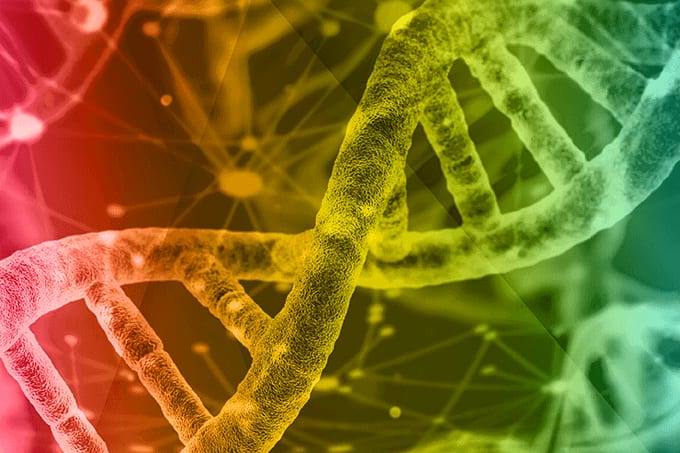
The core diagnostic criteria for autism rely on overtly measurable characteristics that impact daily functioning. But therein lies a problem – the criteria can lead to significant differences in phenotypic features, support needs, or co-occurring conditions in individuals with autism diagnoses. This heterogeneity may come from multiple sources, but research into genotype-phenotype associations has been limited to small sample sizes with core autism features, as opposed to underlying latent features that could further inform our understanding of these associations. Additionally, the impact of common genetic variants on co-occurring developmental disabilities is poorly understood relative to those of rare de novo mutations. Intellectual disability can affect sex differences in autism, but the impact of common variants in autistic individuals of either sex, with or without intellectual disability, remains unknown.
Recognizing these knowledge gaps, an international collaboration of researchers combined phenotypic data from autistic people to investigate genetic differences in features of autism, co-occuring developmental disabilities, and sex (1). They found an association between core factors and common, but not rare, genetic variants; they also identified a negative correlation between autism polygenic scores (PGS) and the likelihood of developmental disabilities. In those without co-occurring disability, PGS were inherited more in autistic females than in males, but the authors suggest this could be due to reduced single nucleotide polymorphism heritability of autism in females, meaning that higher PGS are needed to reach equivalent likelihood levels.
A second study highlights the negative correlation between genetic loads of rare and polygenic risk (with a greater impact in females) and the association between de novo mutations and symptom severity (2). Together, the studies demonstrate that characterizing the genotype-phenotype relationship can inform our understanding of heterogeneity in cognition, behavior, and co-occurring conditions in autistic individuals; however, deeper phenotyping at scale is needed along with an understanding of the evolving core diagnostic criteria.
References
- V Warrier et al., Nat Genet, [Online ahead of print] (2022). PMID: 35654973.
- D Antaki et al., Nat Genet, [Online ahead of print] (2022). PMID: 35654974.




